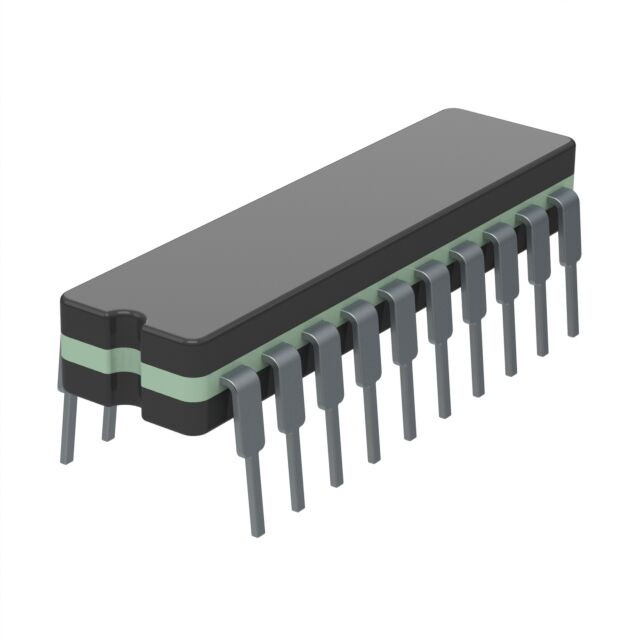
SNJ54ABT374J
ActiveOCTAL EDGE-TRIGGERED D-TYPE FLIP-FLOPS WITH 3-STATE OUTPUTS
Deep-Dive with AI
Search across all available documentation for this part.

SNJ54ABT374J
ActiveOCTAL EDGE-TRIGGERED D-TYPE FLIP-FLOPS WITH 3-STATE OUTPUTS
Deep-Dive with AI
Technical Specifications
Parameters and characteristics for this part
| Specification | SNJ54ABT374J |
|---|---|
| Clock Frequency | 150 MHz |
| Current - Output High, Low [custom] | 24 mA |
| Current - Output High, Low [custom] | 48 mA |
| Function | Standard |
| Input Capacitance | 3.5 pF |
| Max Propagation Delay @ V, Max CL | 6.6 ns |
| Mounting Type | Through Hole |
| Number of Bits per Element | 8 |
| Number of Elements | 1 |
| Operating Temperature [Max] | 125 °C |
| Operating Temperature [Min] | -55 °C |
| Output Type | Tri-State, Non-Inverted |
| Package / Case | 20-CDIP |
| Supplier Device Package | 20-CDIP |
| Trigger Type | Positive Edge |
| Type | D-Type |
| Voltage - Supply [Max] | 5.5 V |
| Voltage - Supply [Min] | 4.5 V |
Pricing
Prices provided here are for design reference only. For realtime values and availability, please visit the distributors directly
| Distributor | Package | Quantity | $ | |
|---|---|---|---|---|
| Texas Instruments | TUBE | 1 | $ 21.29 | |
| 100 | $ 18.59 | |||
| 250 | $ 14.34 | |||
| 1000 | $ 12.82 | |||
Description
General part information
5962-9314901 Series
These 8-bit flip-flops feature 3-state outputs designed specifically for driving highly capacitive or relatively low-impedance loads. They are particularly suitable for implementing buffer registers, I/O ports, bidirectional bus drivers, and working registers.
The eight flip-flops of the SN54ABT374 and SN74ABT374A are edge-triggered D-type flip-flops. On the positive transition of the clock (CLK) input, the Q outputs are set to the logic levels set up at the data (D) inputs.
A buffered output-enable () input can be used to place the eight outputs in either a normal logic state (high or low logic levels) or a high-impedance state. In the high-impedance state, the outputs neither load nor drive the bus lines significantly. The high-impedance state and increased drive provide the capability to drive bus lines without need for interface or pullup components.does not affect internal operations of the flip-flop. Old data can be retained or new data can be entered while the outputs are in the high-impedance state.
Documents
Technical documentation and resources


